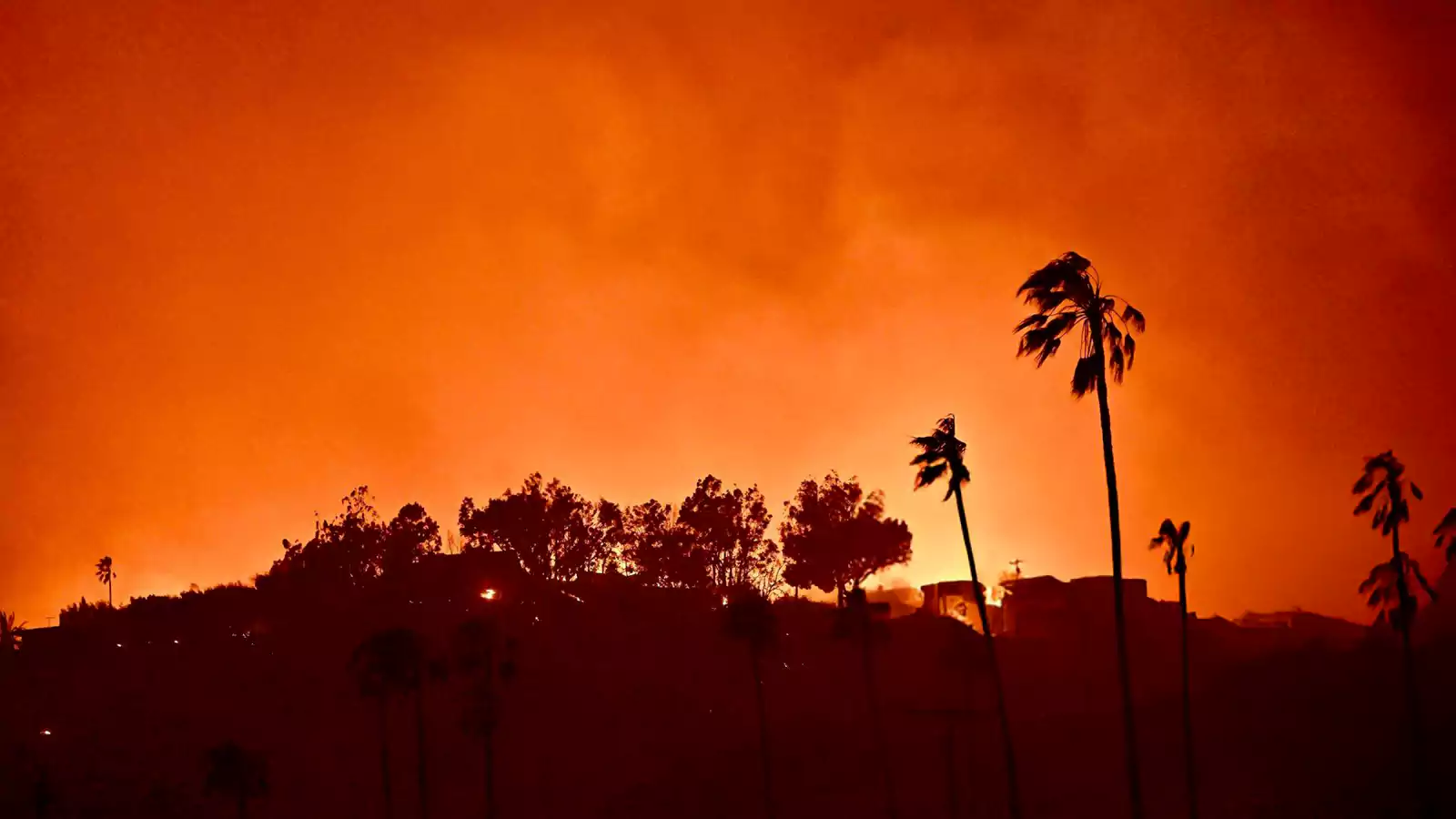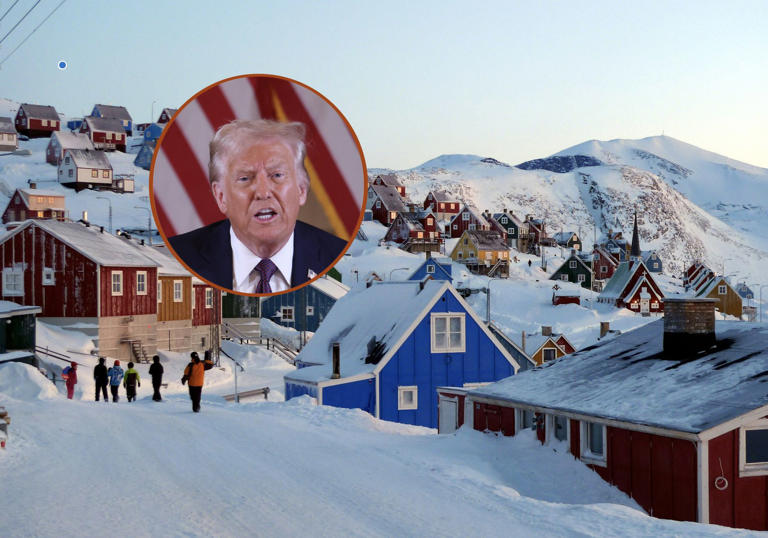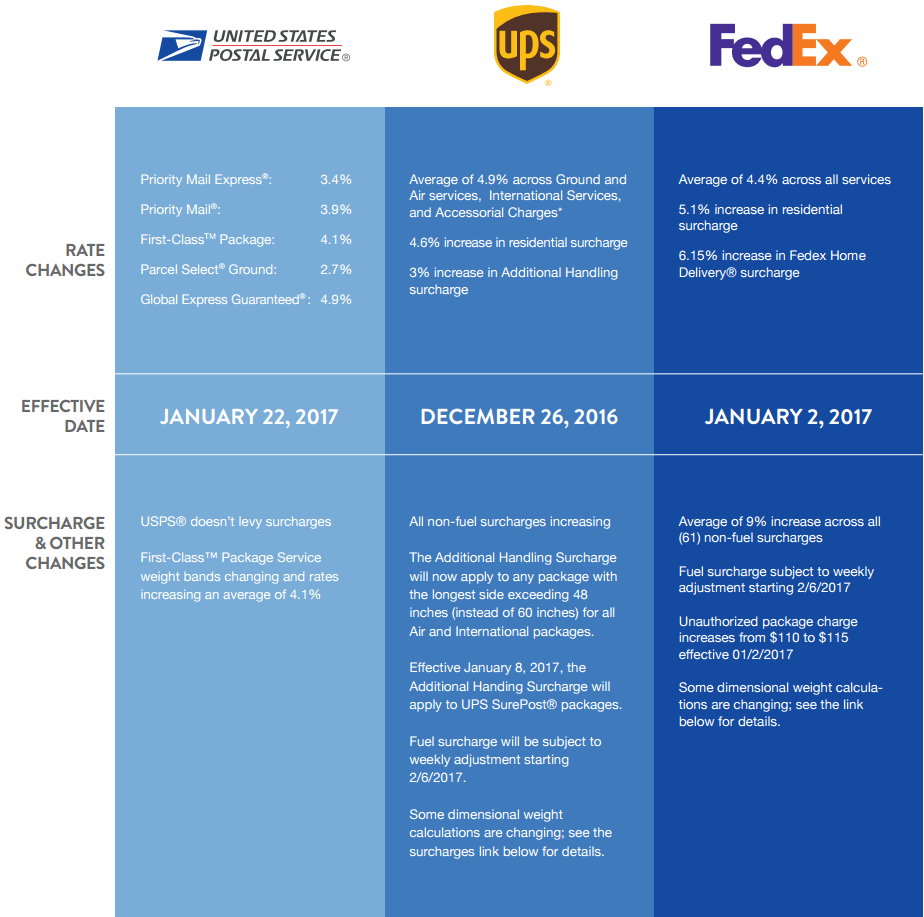People Betting On The Los Angeles Wildfires: A Sign Of The Times

Table of Contents
The Rise of Disaster Betting Markets
What are Disaster Betting Markets?
Disaster betting markets are speculative marketplaces where individuals wager on the outcome of natural disasters. These markets aren't limited to wildfires; they encompass a range of catastrophic events, including hurricanes (like those impacting the Gulf Coast), earthquakes (such as those devastating parts of California), and even volcanic eruptions. These markets often involve predicting the severity of the event, the affected area, or the total financial losses incurred. The normalization of such markets raises serious ethical and societal questions.
The Mechanics of Wildfire Betting
The mechanics of wildfire betting are often facilitated through online platforms. These platforms operate similarly to traditional sports betting sites, offering various betting options. For the LA wildfires, examples could include bets on the total acreage burned, the duration of the fire, the number of structures destroyed, or even the specific neighborhoods most impacted. Odds are set based on a complex algorithm considering historical data, current weather patterns, and other relevant factors. This system, however, is inherently flawed due to the unpredictable nature of wildfires.
- Types of bets offered: Over/under on acreage burned, duration of the fire, number of evacuations, insurance payouts.
- Platforms used for betting: Often unregulated offshore websites or through decentralized cryptocurrency platforms.
- Regulatory issues: The lack of regulation presents significant risks, including fraud and manipulation.
The Psychological and Social Implications
Desensitization and the Commodification of Suffering
The act of betting on natural disasters raises significant ethical concerns. It arguably represents a profound desensitization to human suffering, reducing the catastrophic loss of life and property to a mere financial opportunity. The commodification of tragedy transforms grief and devastation into a commodity for profit, potentially fostering a detached and callous attitude towards real-world consequences.
The Role of Social Media and Information Spread
Social media plays a dual role. It increases awareness of disasters in real-time, but also inadvertently amplifies the reach of disaster betting markets. Algorithms often prioritize sensational content, inadvertently boosting engagement with posts and websites offering such bets. This creates a feedback loop, driving more traffic to these platforms and normalizing this unsettling practice.
- Examples of insensitive online comments: Social media frequently hosts insensitive or exploitative comments related to disaster betting, further normalizing this behavior.
- Impact of algorithms: Algorithmic promotion of disaster-related content, including betting sites, can significantly increase engagement and spread awareness of these markets.
- Role of influencers: Influencers promoting these betting sites, whether intentionally or unintentionally, can significantly influence betting behavior.
Climate Change and the Increased Frequency of Wildfires
The Link Between Climate Change and Wildfire Risk
The scientific consensus overwhelmingly points to climate change as a major driver of increased wildfire frequency and intensity. Rising temperatures, prolonged droughts, and shifting weather patterns create ideal conditions for wildfires, particularly in regions like Los Angeles, characterized by dry brush and strong winds.
The Impact on Insurance and Risk Assessment
The increased risk of wildfires significantly impacts insurance premiums and the overall financial burden on communities. Rising insurance costs, coupled with increased risk, create a volatile environment, influencing the odds in disaster betting markets and impacting those most vulnerable. The interconnectedness between climate change, financial risk, and speculative betting markets is undeniable.
- Specific examples of recent LA wildfires and their costs: The economic and social consequences of recent wildfires, such as the Woolsey Fire and the Getty Fire, are substantial and serve as clear examples of the rising risk.
- Statistics on increasing wildfire frequency: Data clearly shows an upward trend in both the number and intensity of wildfires in California and other regions globally, directly linked to climate change.
- The role of preventative measures: While preventative measures are vital, the increasing frequency and intensity of wildfires present a significant challenge even with robust preventative measures in place.
Regulatory Challenges and Future Considerations
The Need for Regulation and Oversight
The current regulatory landscape surrounding disaster betting is largely inadequate. The ethical and legal ambiguities necessitate stricter regulations and oversight to prevent exploitation and manipulation. International cooperation is crucial given the often-transnational nature of online betting platforms.
Potential for Manipulation and Fraud
Given the inherent unpredictability of natural disasters, these markets are exceptionally vulnerable to manipulation and fraud. Insiders with access to privileged information could potentially influence outcomes, creating an unfair and potentially illegal system.
- Examples of existing regulations (if any): Most jurisdictions currently lack specific regulations targeting disaster betting markets.
- Calls for stricter laws: Advocacy groups and legal experts are calling for comprehensive regulations to address the ethical and legal concerns.
- Potential consequences of unregulated markets: Unregulated markets could lead to widespread fraud, financial losses, and ethical violations.
Conclusion
The rise of "people betting on the Los Angeles wildfires" is a stark reminder of the complex interplay between societal anxieties, the escalating impact of climate change, and the ethical dilemmas surrounding the commodification of suffering. Understanding the phenomenon of people betting on the Los Angeles wildfires is crucial for addressing the complex societal and environmental challenges we face. We must promote responsible engagement with information about natural disasters and advocate for stricter regulations to prevent the exploitation of tragedy for financial gain. Further research into the psychological and societal impacts of disaster betting is urgently needed, along with concerted efforts towards wildfire prevention and climate change mitigation. Let's work together to ensure that human suffering isn't treated as a speculative commodity.

Featured Posts
-
 Denmark Us Relations Strained Russias Role In Greenland Misinformation
Apr 26, 2025
Denmark Us Relations Strained Russias Role In Greenland Misinformation
Apr 26, 2025 -
 Wildfire Gambling Examining The Ethics And Implications Of Betting On Natural Disasters
Apr 26, 2025
Wildfire Gambling Examining The Ethics And Implications Of Betting On Natural Disasters
Apr 26, 2025 -
 Auto Carrier Estimates 70 Million Impact From Increased Us Port Fees
Apr 26, 2025
Auto Carrier Estimates 70 Million Impact From Increased Us Port Fees
Apr 26, 2025 -
 Trumps Tariffs Ceos Highlight Economic Risks And Consumer Anxiety
Apr 26, 2025
Trumps Tariffs Ceos Highlight Economic Risks And Consumer Anxiety
Apr 26, 2025 -
 Escape Disney 7 Fresh Dining Experiences In Orlando For 2025
Apr 26, 2025
Escape Disney 7 Fresh Dining Experiences In Orlando For 2025
Apr 26, 2025
